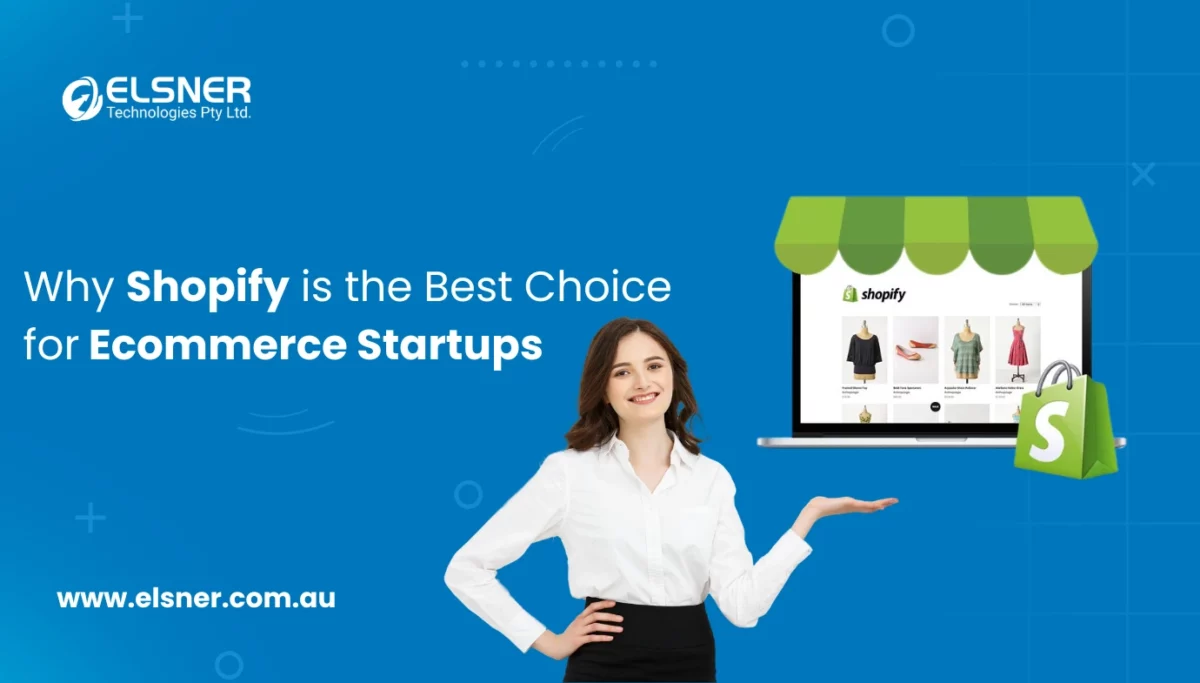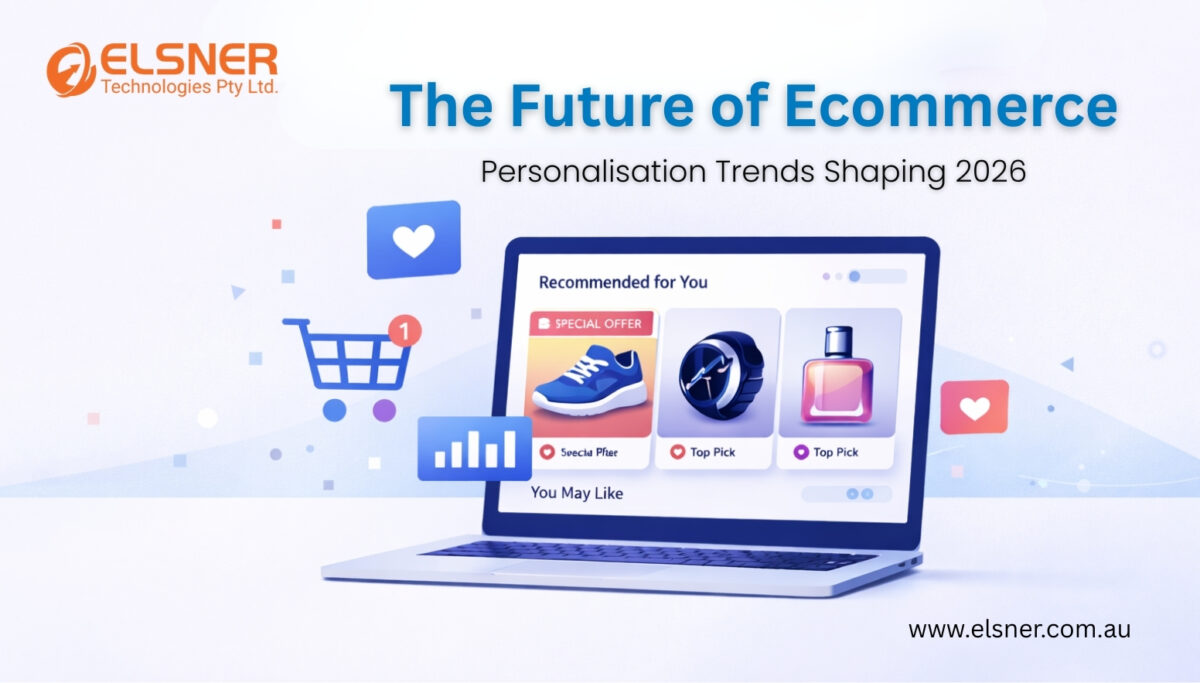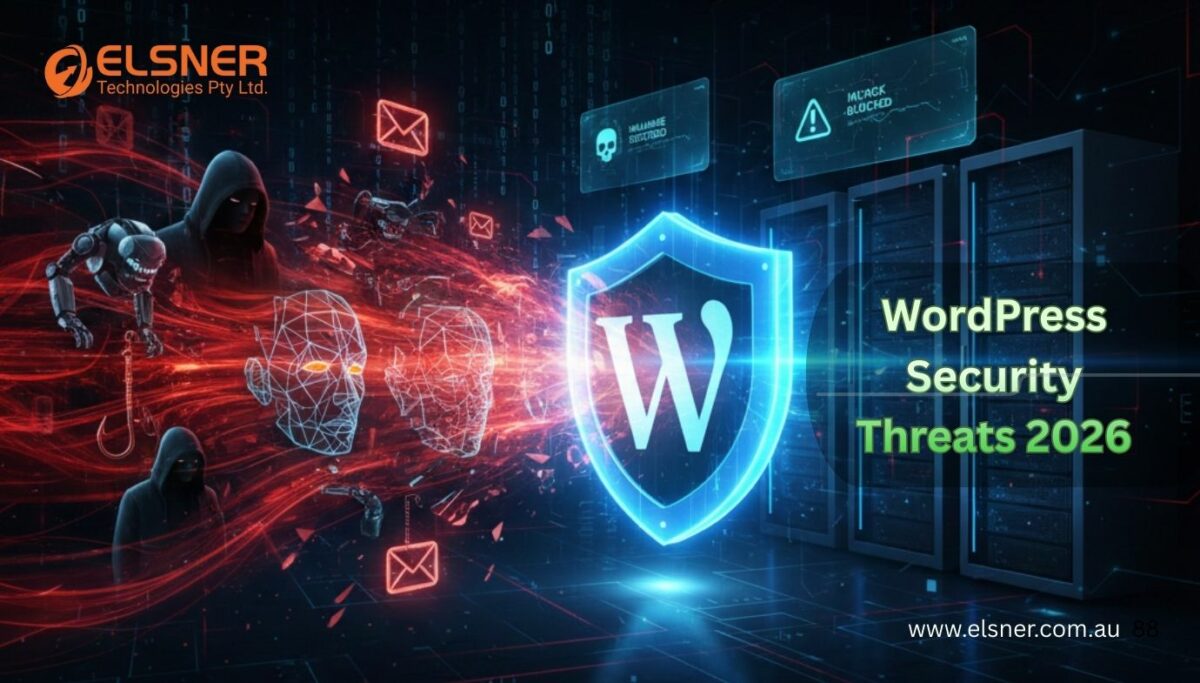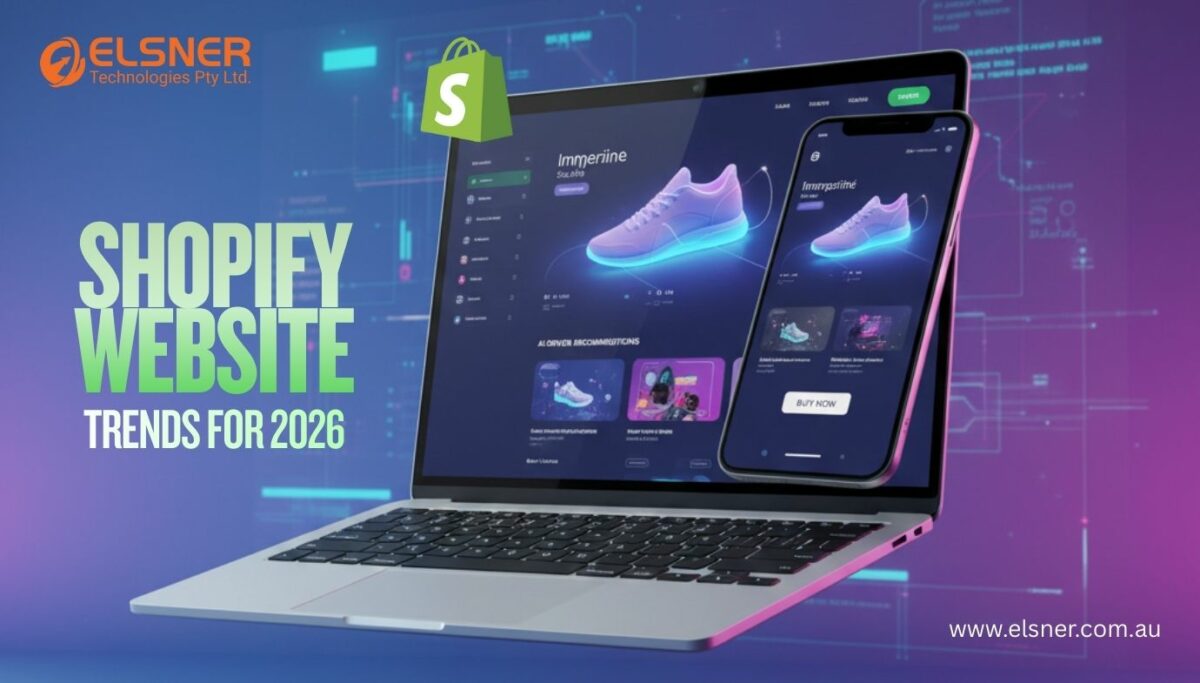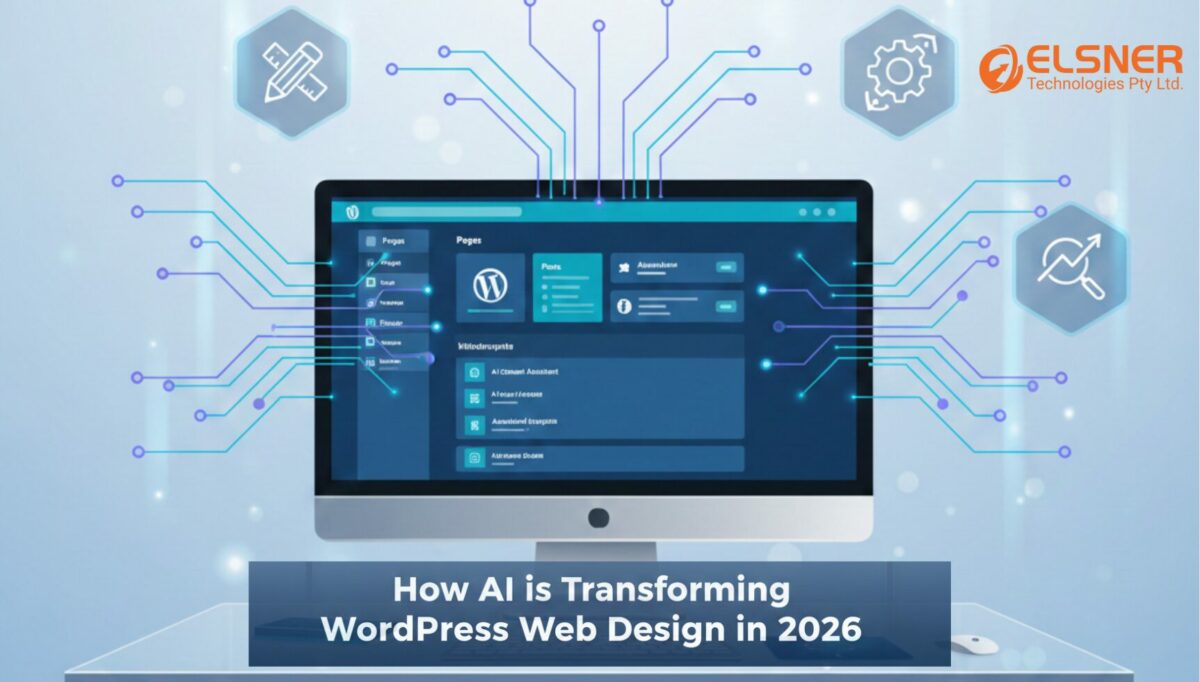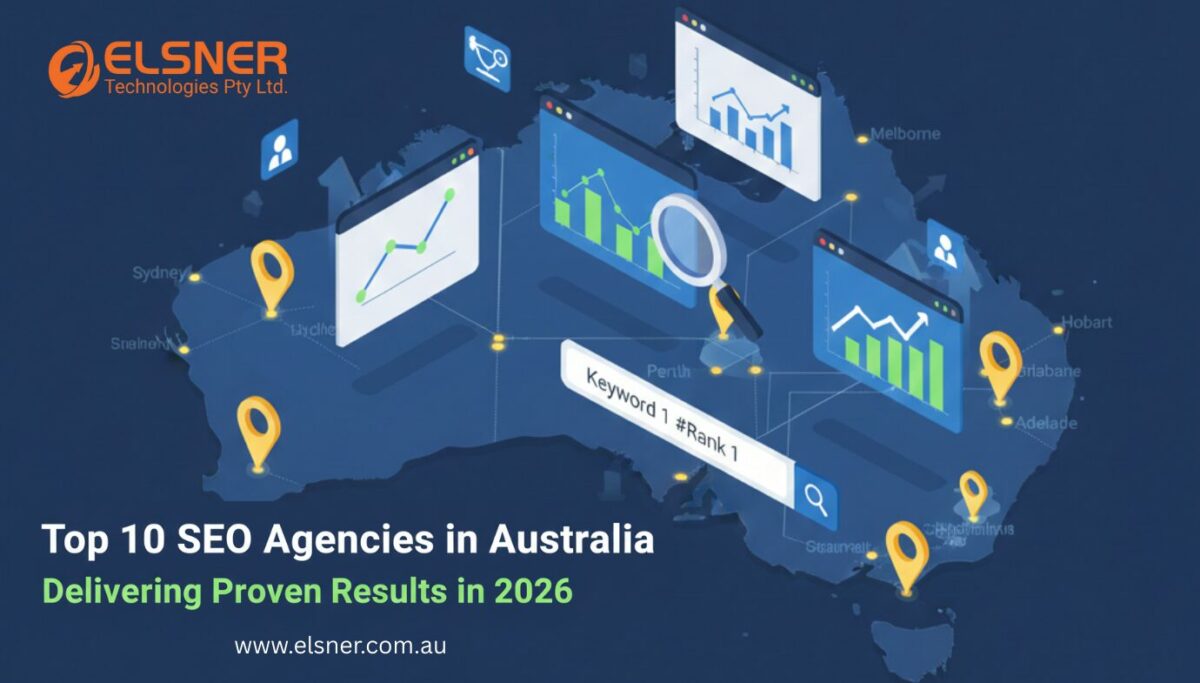Why Shopify is Still the Best Choice for Ecommerce Startups in 2025
ShopifyAs we move further into 2025, the ecommerce market is thriving like never before. Side hustlers, new entrepreneurs, and small business owners are entering the digital market in record numbers, seeking to capitalise on the global interest in online shopping.
With ecommerce sales projected to reach even higher levels this year, the basis of any online business begins with one crucial decision — selecting the proper platform. And for many, the answer remains clear: Shopify for ecommerce startups.
Your ecommerce site is more than a store; it is the foundation of your business operation. The platform you select will influence how effortlessly you can expand, evolve, and provide an excellent experience for your customers. With tailored Shopify website development, businesses can build scalable, high-performing stores from day one. And when we are talking about established platforms, Shopify for ecommerce startups remains among the best picks in 2025, just as it did a couple of years ago.
Why has Shopify’s star remained so bright in an age of abundance? Let’s explore why Shopify for small businesses remains the best bet for Shopify startup success in 2025.
The Core Challenges Ecommerce Startups Face Today
Before we discuss Shopify features for startups, let’s get familiar with the battlefield. Ecommerce startups in 2025 have a distinct set of challenges:
1. Budget Constraints
Startups typically have limited budgets. Costly web development, custom integrations, and tech support can quickly become out of hand. You require a platform that reduces initial investment but amplifies potential.
2. Time Sensitivity
Life is fast-paced. Trends, viral products, and customer interests can change in weeks or months. Founders must get started quickly — and adjust even quicker — without getting bogged down in tech work.
3. Mobile-First Expectations
M-commerce rules. Customers expect your site to perform beautifully on smartphones, tablets, and desktops. Bad mobile experiences kill sales in an instant.
4. SEO and Visibility Pressure
If customers can’t find you, they can’t buy from you. SEO is a must from day one, but most platforms leave SEO as an afterthought.
5. The Need for Easy Scalability
Yesterday, you could have sold 5 products. Next year, 500. Or expanded into new markets. Or introduced subscription features. Startups require a platform that expands as they do without needing a complete rebuild.
6. High Customer Expectations
Thanks to giants like Amazon, customers today expect fast loads, personal suggestions, easy checkout, and painless returns — even from little startups.
Considering these stresses, selecting the incorrect platform can kill your business before it’s even launched.
Why Shopify Remains King in 2025
Let’s face it — Shopify is not perfect. No platform is. Yet when it comes to serving the actual needs of modern startups, Shopify for ecommerce startups still checks every significant box. By staying aligned with evolving Shopify eCommerce trends, it continues to deliver features that help new businesses scale smartly. Here’s why:
1. Shopify Is a Complete, All-in-One Solution
From hosting to SSL certificates to payment gateways, all you need is covered. No more cobbling together a dozen disparate tools yourself.
2. Lightning-Fast Launch Times
You can go from a concept to a live, professional ecommerce website in less than a week, even quicker if you hire a Shopify developer in Australia or a local ecommerce agency.
3. Professional, Mobile-Responsive Themes
Shopify has hundreds of free and paid themes that are elegantly designed, mobile-friendly, and conversion-centric from the very start.
4. Bulletproof Security and Reliability
Customers feel safe in secure stores. Shopify invests big in security infrastructure, so you won’t need to worry about hacking, downtime, or data breaches.
5. Built-In SEO Tools
Shopify stores are optimised for SEO best practices: clean URLs, customisable meta tags, image optimisation, fast page loading, and seamless integration with Google Shopping, Facebook, and Instagram.
6. Open App Ecosystem
Want to add a loyalty program? A subscription box? A product builder with customizability? Shopify’s App Store features thousands of vetted solutions — many low-cost or free — that integrate directly into your store without the need for developers.
- Global Selling Capabilities
Shopify for small businesses includes Shopify Payments, multiple currency support, and localised store fronts, making selling abroad simple even for tiny businesses.
Actual Startup Examples: Shopify in Practice
Let’s transition from theory to practice. Here are a few actual (and very current) success stories from startups:
EcoWear Australia
A Brisbane-based sustainable fashion brand, EcoWear, opened its Shopify store with only 12 products. Leverage Shopify ecommerce benefits and a Shopify expert in Melbourne, they grew to 120 SKUs in 18 months, obtained a distribution agreement with a leading online retailer, and now export internationally.
Pawsome Treats
A Sydney-based pet treat startup built a Shopify store using an affordable E-Commerce website development package. With the help of skilled Shopify Website Developers, they leveraged Shopify’s multi-channel selling to reach dog owners via Instagram and TikTok ads, growing their revenue 400% year over year.
BeachVibes Boards
A Perth surfboard and accessories company opted for Shopify Plus as its platform when it grew beyond the DIY WooCommerce storefront. With support from a Shopify Plus Agency, it deployed a tailored, high-converting shop and opened a US market within nine months.
They aren’t unicorns. They’re ordinary founders relying on Shopify to punch above their weight.
Shopify’s Pricing: An Investment, Not a Cost
Starting an ecommerce business involves keeping costs minimal, but viewing Shopify for ecommerce startups as an investment in your future, not merely as an expense. Shopify has flexible plans that are suited to a business at any level of growth. Selling on social media is ideal with the Starter plan, and a complete online shop at a reasonable price is available with the Basic Shopify plan. Upgrading to higher plans like Shopify Advanced or Shopify Plus is seamless as businesses grow.
Unlike constructing a bespoke website, with each element carrying its hosting, SSL, security, and ongoing development cost, Shopify startup success emerges from the ease and affordability of the platform. Shopify bundles it all together into one predictable monthly fee, releasing startups from the sting of hidden expenses and technological hassles.
Shopify vs the Competition: Even Deeper
In 2025, although platforms such as WooCommerce, Wix, and Magento exist, Shopify remains the top choice for startups. Shopify hosting comes with it, providing speedy, dependable performance without the technical know-how that WooCommerce and Magento tend to require. Wix is easy to use, but does not have the sophisticated ecommerce features necessary for serious growth.
Shopify’s easy-to-use interface makes it simple for non-tech founders to install and operate stores. Its mobile-friendly themes, robust SEO capabilities, and frictionless multi-channel selling (such as Instagram and Amazon) provide startups with a competitive advantage. For those looking to fully leverage its SEO features, following a detailed Shopify SEO Guide can make a big difference. Although WooCommerce and Magento can equal some of these features, they tend to need more plugins, custom coding, and upkeep.
Support is another Shopify giant win. With 24/7 live assistance access, startups are never left behind. In contrast to WooCommerce’s community support or sparse choices from Wix and Magento, Shopify’s specialised support makes a huge impact. Overall, Shopify integrates simplicity, scalability, and support more effectively than any other competitor and is today’s number one choice for ecommerce startups.
Shopify’s e-commerce benefits do not match the competition, which makes it the obvious choice for Shopify’s for new businesses.
Future-Proofing: Shopify’s 2025 Innovations
Shopify features for startups in 2025 have developed into a next-generation platform featuring innovative new technologies designed squarely to spur startup development:
AI-Powered Personalisation
Shopify Magic proposes product bundles, adapts marketing campaigns, and even suggests what to write about on a blog based on shopper behaviour — all on its own.
Shopify Markets Pro
Shopify’s cross-border selling platform allows you to sell globally with natively handled duties, taxes, and compliance. Global growth is no longer exclusive to established brands.
Shopify POS Go
Their new mobile POS device pairs perfectly with online stock, making it perfect for startups that perform pop-up shops, farmers markets, and face-to-face events.
Advanced Automation Workflows
Shopify Flow (even on mid-tier plans) allows you to automate customer segmenting, loyalty program triggers, inventory management, and more without writing code.
By remaining on Shopify, you’re accessing a platform constantly heading towards what’s next, not one you’ll outgrow in two years.
Maximising Your Shopify Startup Success Tips
If you’re committing to Shopify for small businesses, make it right. Here are some best practices:
Get a Shopify Developer Australia on board early, even for simple setup recommendations. It’s less expensive than correcting errors later. Learn from real Shopify Success Stories—early expert involvement often leads to smoother launches and faster growth.
Buy a Great Theme that is congruent with your brand identity. First impressions are everything.
- Plan Content Marketing early. Blogging and SEO create long-term traffic.
- Mobile Optimise First. Test it all on a phone before launch.
- Automate Where Possible. Leverage apps and built-in workflows to save money and time.
- Use Social Proof. Include reviews, testimonials, and trust badges right from the start.
- Test Everything. Ship early, but continue to iterate based on data.
Collaborating with experts like Elsner, who allow you to hire Shopify Developer Australia or E-Commerce website development Sydney services, can further speed up your success.
Conclusion: Shopify is the Smart Startup Bet
There’s a reason Shopify keeps leading the ecommerce world, even in a fast-evolving 2025 market. It’s not just about having pretty websites or famous brand names.
Shopify understands what startups need:
- Speed to market
- Mobile excellence
- SEO strength
- Scalability
- Affordability
- Constant innovation
- Simplicity backed by power
And most importantly, Shopify’s ecommerce benefits give small businesses tools that used to be reserved for billion-dollar brands.
If you’re looking to future-proof your company, reduce tech hassles, and achieve maximum growth potential, Shopify is still the best for ecommerce startups in 2025, just like it has been since its inception over a decade ago. Want expert help to get started? Connect with Elsner Today and take the first step toward scalable ecommerce success.
Head over to Elsner to learn more about Shopify trends!
FAQs
Q1: Is Shopify too costly for a startup with a limited budget?
No. Shopify’s Starter and Basic plans are extremely low-cost and contain everything you’ll need to open a professional shop without additional expense.
Q2: How long does it take to set up a Shopify store?
If your branding and products are ready, you can have a basic Shopify store up and running in as little as one day. More advanced stores with custom functionality can take a week or two.
Q3: Can I change plans later if my business grows?
Yes. Shopify makes upgrading or downgrading your plan as needed for your business extremely easy.
Q4: Do I have to hire a developer to open a Shopify store?
Not always. Numerous startups start with no coding skills. Having a professional Shopify developer do it can save you time and provide you with a better, optimised store.
Q5: Is Shopify suitable for selling internationally?
Yes. With Shopify Markets Pro, multi-currency support, and worldwide tax management, Shopify makes international selling easy right from day one.
